SNSF Starting Grant 2023 awarded to Prof. Calcinotto
Institutional Communication Service
Prof. Arianna Calcinotto and her team have been awarded the SNSF Starting Grant 2023, a highly competitive and prestigious funding designed for researchers with several years of research experience after the PhD and who have contributed to significant research in their field.
The research project entitled “Dissecting the role of intracellular bacteria and neutrophil heterogeneity in cancer susceptibility and progression” focuses on studying whether intracellular bacteria can contribute to increasing the aggressiveness of breast cancer.
Recent studies have shown that bacteria largely colonize cancer cells and immune cells and can contribute to cancer metastasis.
Immunotherapy (a type of cancer treatment that stimulates the immune system to fight cancer) is limited in most patients due to the immunosuppressive tumor microenvironment, which makes the patients resistant to the treatment.
With this project, Arianna Calcinotto aims to dissect the triangular crosstalk between cancer cells, intratumoral bacteria, and immune cells. Elucidations to these unknown mechanisms may provide insights about cancer immunosuppressive environment formation, helping develop new approaches to improve cancer treatment in clinics.
Due to Switzerland's status as a non-associated third country within the Horizon Europe program, the Swiss National Science Foundation (SNSF), on behalf of the federal government, once again launched the SNSF Starting Grant funding initiative. This funding program is designed for scientists wishing to launch their project in Switzerland with their team.
Prof. Calcinotto’s research has been selected out of 447 applications, of which 149 in the Life Sciences field. Only 23 research projects, including Calcinotto’s, have been approved in the Life Sciences field. The grant will support the project for five years covering the costs of new personnel and laboratory reagents.




